
A decade of working with communities to help them transform their systems to better serve everyone experiencing homelessness.
The people who encounter everyday obstacles to safely and stably house those who need it are most likely to uncover the necessary changes to improve their system if given the right tools and support. Frontline participants set the unreasonable but believable goals that define our methodology and the innovative work plans to achieve them.
Secondly, to achieve different results, we need to do things differently. We need to foster a new culture of innovation and new ways of working and support leaders to let go and allow people to try new things. These experiments – new processes and policies, new ways of communicating, and new technological solutions – allow our 100-Day Challenge Teams to achieve extraordinary results.
At RE!NSTITUTE we believe that equity is the foundation of all of our work. Specifically, in our work around housing and homelessness, we know racial disparities exist at alarming rates. In 2019, an estimated 568,000 Americans experienced homelessness, with African Americans making up about 40% of that total, according to the annual Homeless Assessment Report to Congress. Black, Indigenous, and People of Color (BIPOC) experience homelessness at higher rates than their white counterparts while facing disproportionately fewer housing placement rates. That is why we introduce conversations on racial equity and its relationship to systems from the very beginning. We work with leaders to develop a focus area that includes a racial equity lens. The 100-Day Challenge Team builds racial equity into their 100-Day Challenge Goal and Action Plan, and performance data is analyzed throughout the 100-Day Challenge to highlight areas where racial equity can be improved.
Our Monitoring, Evaluation, and Learning (MEL) team ensure that each community involved learns as much as possible during the project. This includes supporting communities to better gather and utilize quantitative and qualitative data to understand what happened, what was achieved, and why. These insights can help the sustainable transformation of critical systems to address the most complex social challenges.
RE!NSTITUTE unleashes the power of frontline teams to create a transformative impact on a variety of complex societal issues. In our Housing and Homelessness sector, we help communities strengthen the systems that prevent and end homelessness across the United States.
Through our RE!NSTITUTE 100-Day Challenge methodology, we work with diverse communities to bring together the people who make up their homeless response systems. We believe that a successful 100-Day Challenge requires bringing non-traditional partners to the table such as the Justice System, Child Welfare, and Education. Those who have experienced homelessness themselves are a necessary and powerful voice on how we end homelessness. This means including veterans, youth, marginalized groups, those experiencing chronic homelessness, and those suffering from substance use disorders at the table as equal partners where decisions are made.
There are two defining principles at the heart of our work in homelessness response systems. First, design tailor-made solutions to complex societal problems and engage and mobilize those closest to the problem. These solutions need to be community-owned and driven. As the United States Interagency Council on Homelessness described, "We know that the solutions to these problems won't come from Washington, D.C. They'll come from the organizations doing the work in communities and from the people who are experiencing or have experienced homelessness."
The second, is to strengthen the connections of different organizations and institutions within a system and in collaboration with adjacent systems.
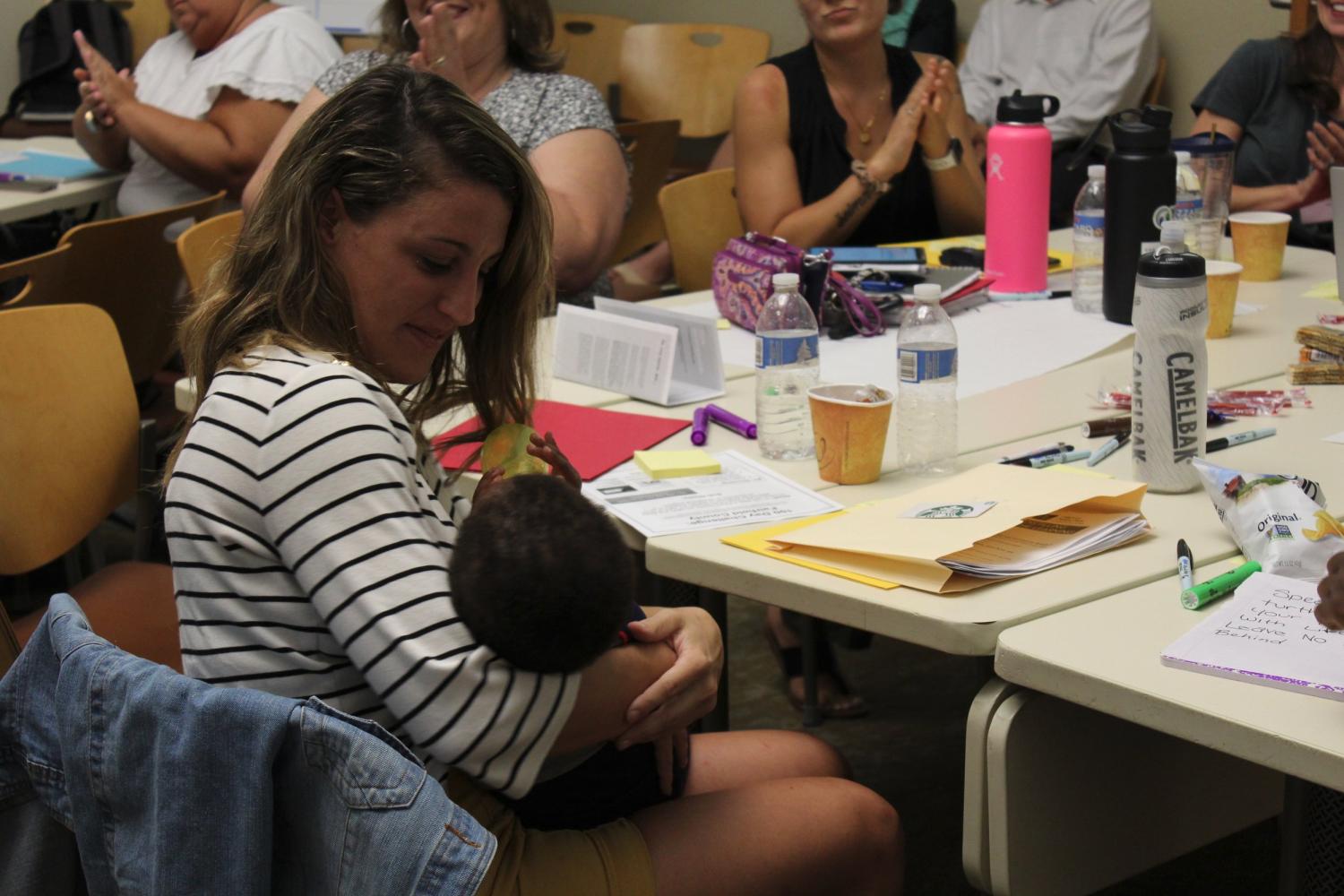
One of the most important impacts of the 100-Day Challenge is the system insights it offers. Solutions created, designed, and implemented by multiple organizations within a sector allow communities to break down silos and scale innovation throughout their homelessness response system. Through real-time system shifts, 100-Day Challenge Teams uncover meaningful learning about what is needed at the operational, strategy, and policy levels. They understand how sustained change might be brought about by elevating insights from the frontline to the leadership and institutionalizing the best ideas that emerge from the Challenge.
Through these insights, and after ten years of working to end homelessness, we have learned that although each community is unique, the roadblocks they face are often very similar. Some examples of community best practices we’ve learned are:
- Creating document-readiness strategies by bringing the DMV and Social Security offices to the table.
- Forming innovative housing strategies, including shared/bridge housing.
- Having a robust landlord engagement and incentive strategy.
- Fostering collaboration through resource sharing, including landlord contacts, available unit trackers, and transportation vouchers.
- Widening the circle with non-traditional partnerships such as adult protective services and (if appropriate) law enforcement agencies.
- Cultivating cross-agency collaboration and communication that breaks down barriers created when agencies work in silos.
- Connect the housing and homelessness system to adjacent systems whose participation is necessary to end homelessness. For example, in youth homelessness systems, this means including child welfare, juvenile justice and education systems.
- Developing a racial justice and equity strategy within homelessness response systems, including bridging services to undocumented individuals, LBGTQ+, BIPOC, youth, differently-abled, and the elderly.
- Identifying and developing solutions to bridge homelessness response systems to the business and civic community to create meaningful cooperation.
- Addressing the challenges that surface for those with lived expertise along each point in their journey, including the difficulties faced after they've found safe and stable housing to ensure sustainable impact.
The good news is we have seen what can happen when these actions are taken. After a decade in this sector, we now know RE!NSTITUTE’s 100-Day Challenge can offer a broader, more holistic, vision of how we can collectively end homelessness. With system insights, states and communities leverage the opportunity to map obstacles in housing people while also gaining a real-time understanding of shared issues that can be turned into strategy and policy. This, combined with the tangible results achieved in 100 Days, helps illuminate the path towards the long-term system change we seek and provides the hope that can fuel the effort.
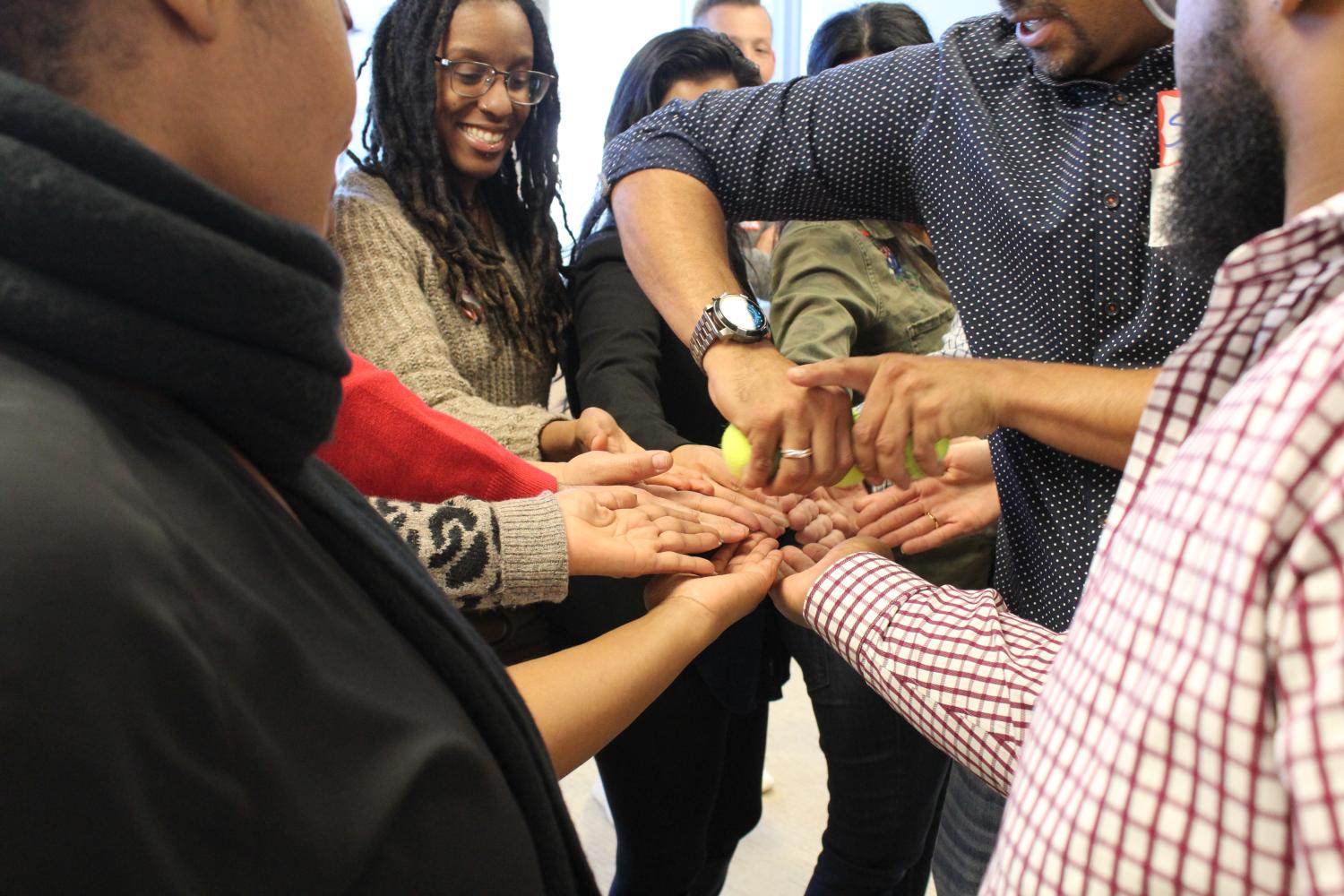
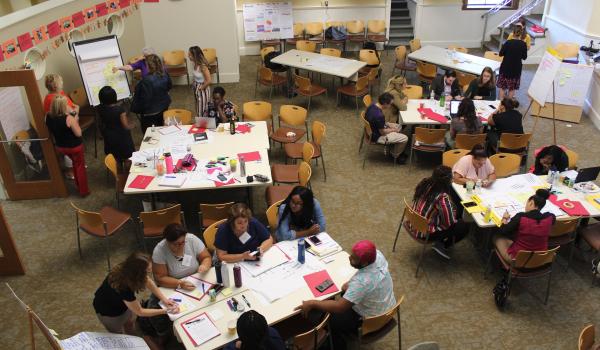
- Housing & Homelessness
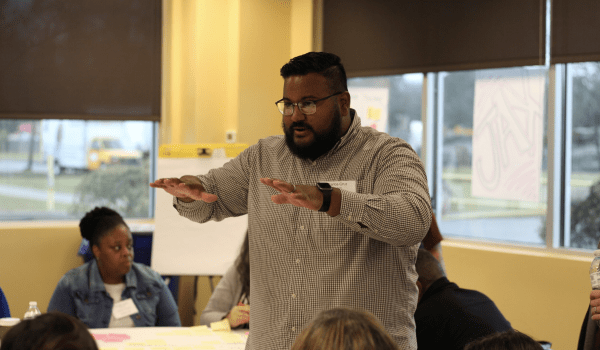
- Housing & Homelessness
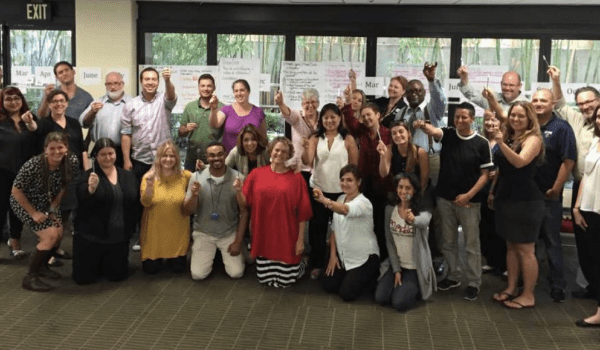
- Housing & Homelessness